1980s Doctor Who gave us some indelible images and stunning concepts that have stood the test of time.
Here’s our pick of the decade’s best stories.
There was definitely something there, but the show had already been mortally wounded.
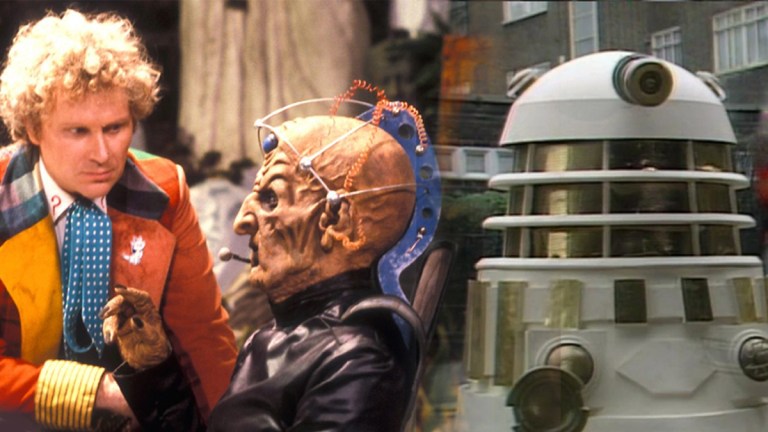
This is another best-of selection where we were spoiled for choice, despite the lesser reputation of the decade.
Paradise Towers (Season 24, 1987)
Written by Stephen Wyatt.
Directed by Nicholas Mallett.
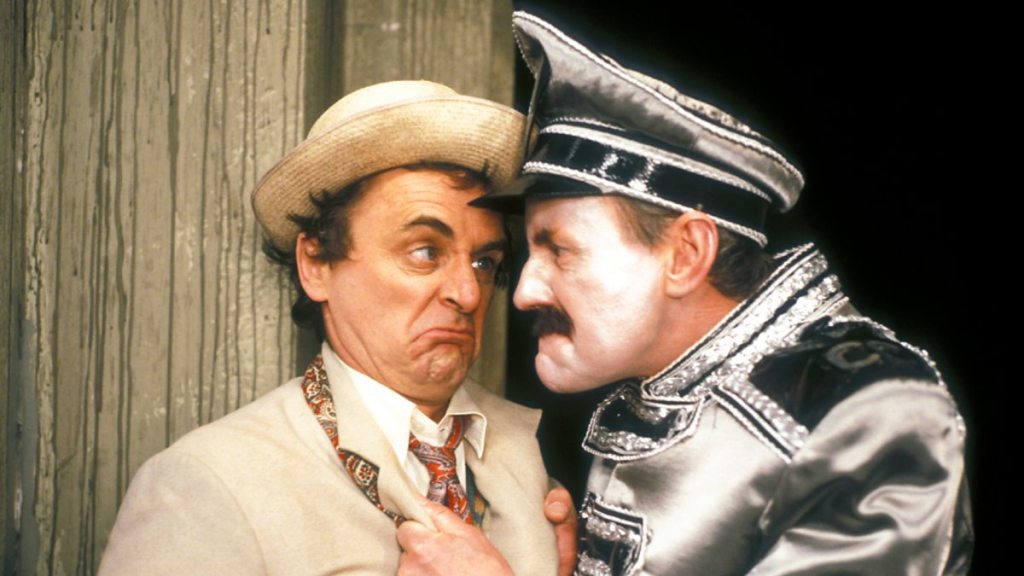
In a garish childrens pantomime?
Really Stephen Wyatt, youre spoiling us.
Ballard (specifically his novelHigh Rise, later adapted for film by Ben Wheatley and Amy Jump).
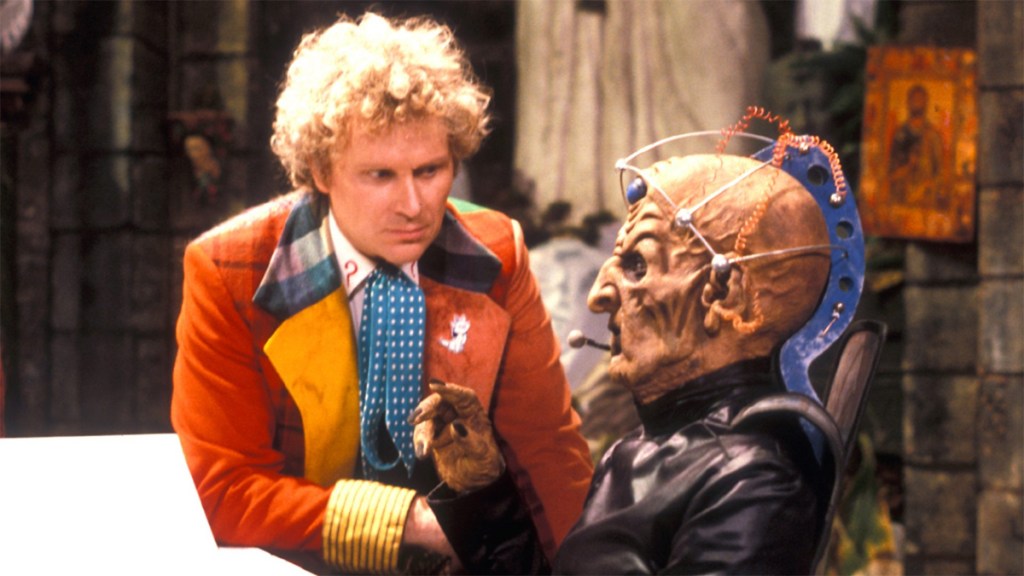
Revelation of the Daleks (Season 22, 1985)
Written by Eric Saward.
Directed by Graeme Harper.
In which the Doctor and Peri arrive at Tranquil Repose to pay respects to an old friend.
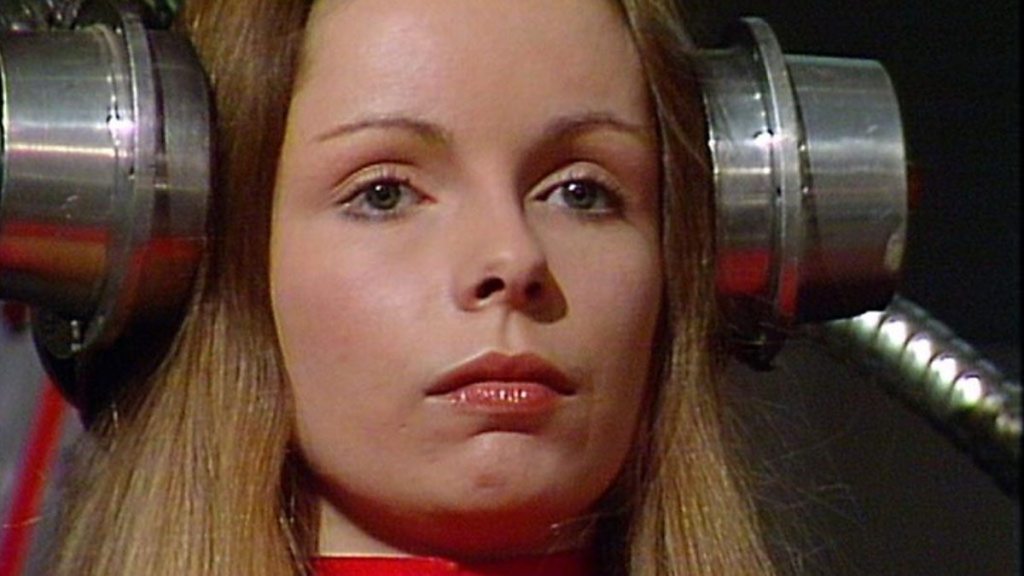
Tranquil Repose holds dead bodies and minds in suspended animation, awaiting a cure for whatever killed them.
Unfortunately Davros, creator of the Daleks, has taken up residence and is calling himself The Great Healer.
There are also, arguably, two penis jokes.
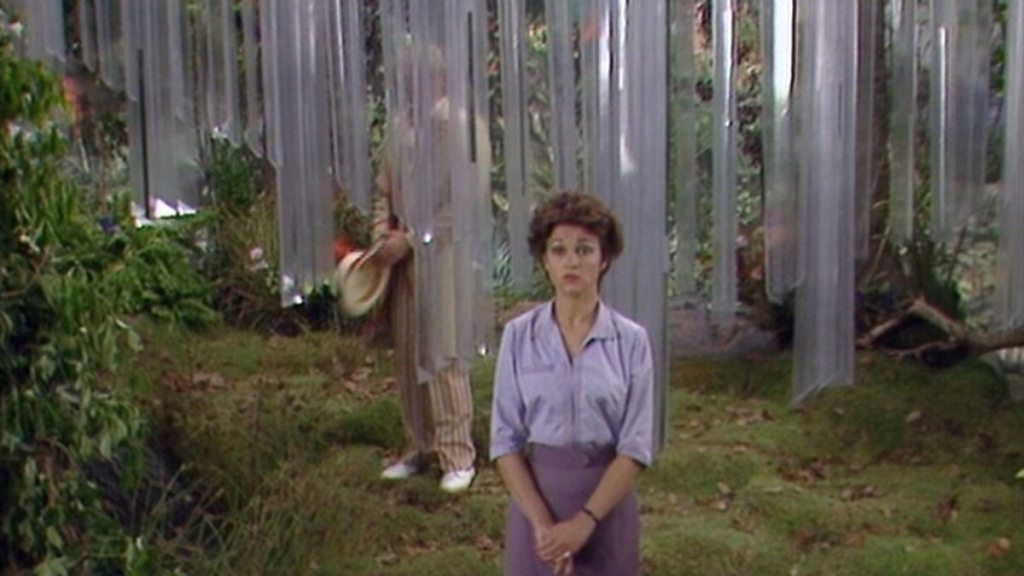
This is the most in a Dalek story not written by Steven Moffat.
Having Alexei Sayle inDoctor Whokilling Dalekswith a gun that fires music is, it goes without saying, fantastic.
Secondly, the Doctor actually helps when he enters this story.
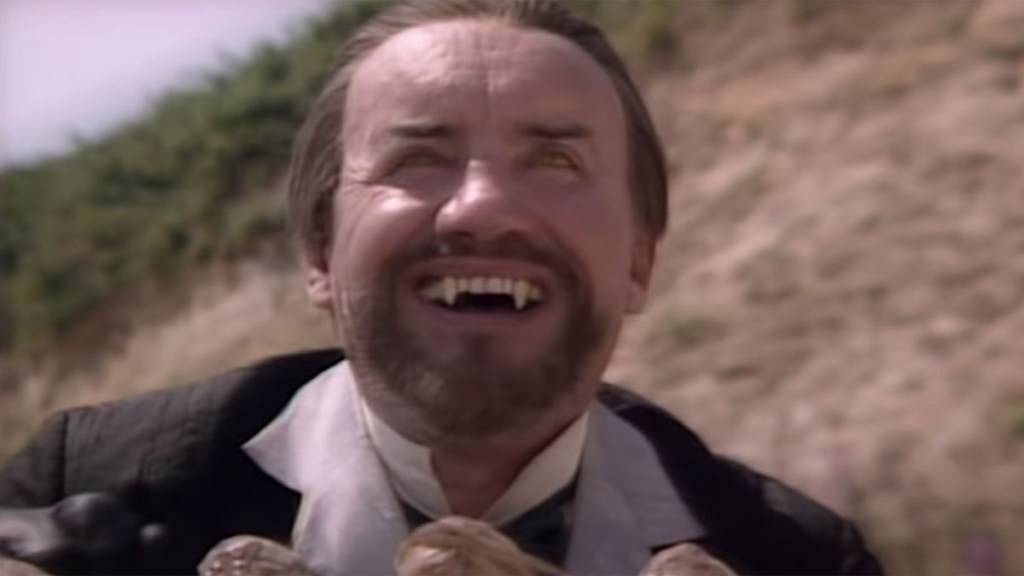
Absolutely Ill take it.
Warriors Gate (Season 18, 1980)
Written by Stephen Gallagher.
Directed by Paul Joyce.
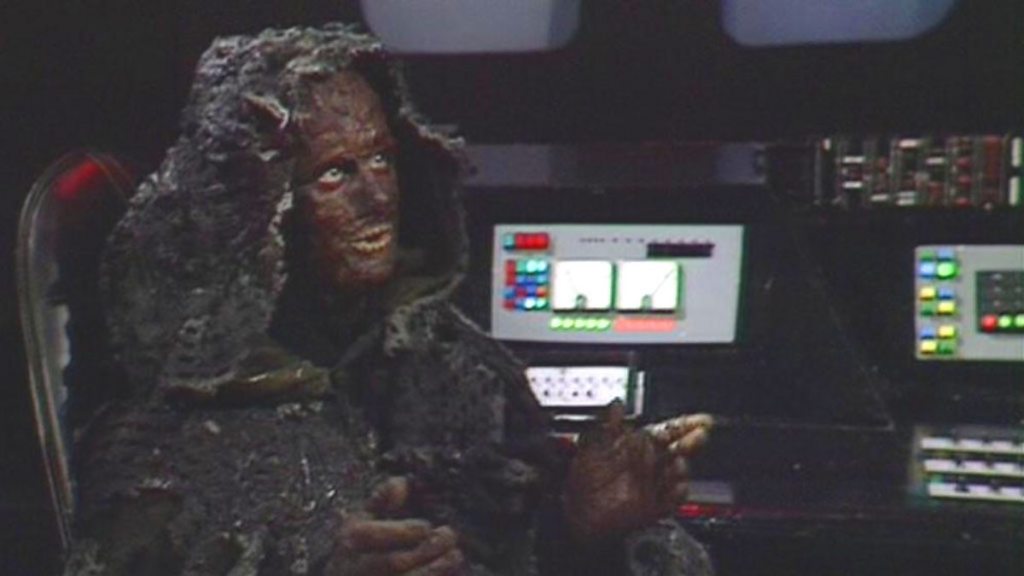
An incredibly ambitious production, Warriors Gate was Stephen Gallaghers first TV script.
Inspired by Australian indigenous beliefs, French surrealism and classic Science Fiction novels.
The result is unique inDoctor Who.
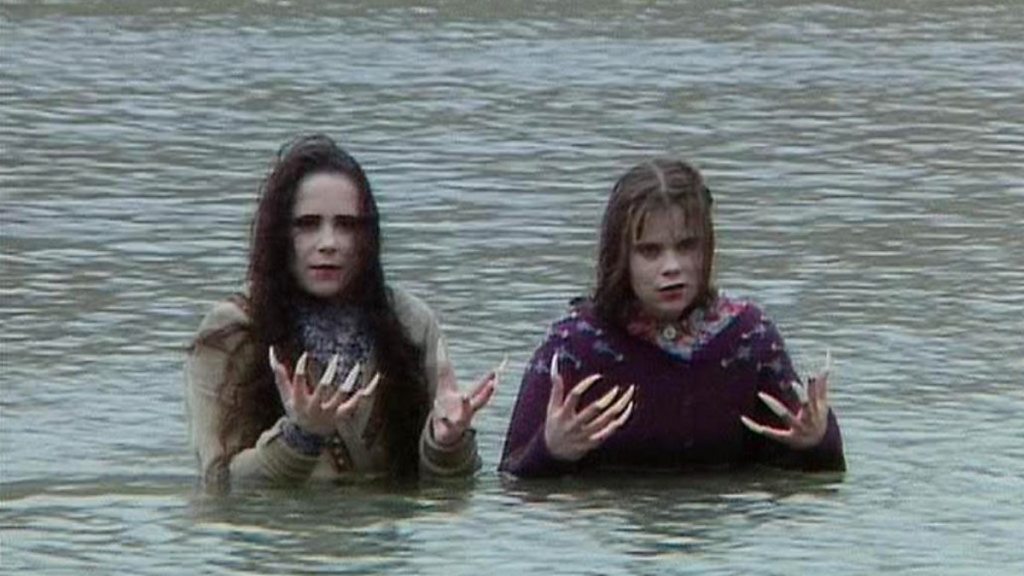
The nearest comparison would be the vibe of Ghostlight with the visuals of Episode 1 of The Mind Robber.
Such a shame that it was apparently a terrible production to be part of.
Kinda (Season 19, 1982)
Written by Christopher Bailey.
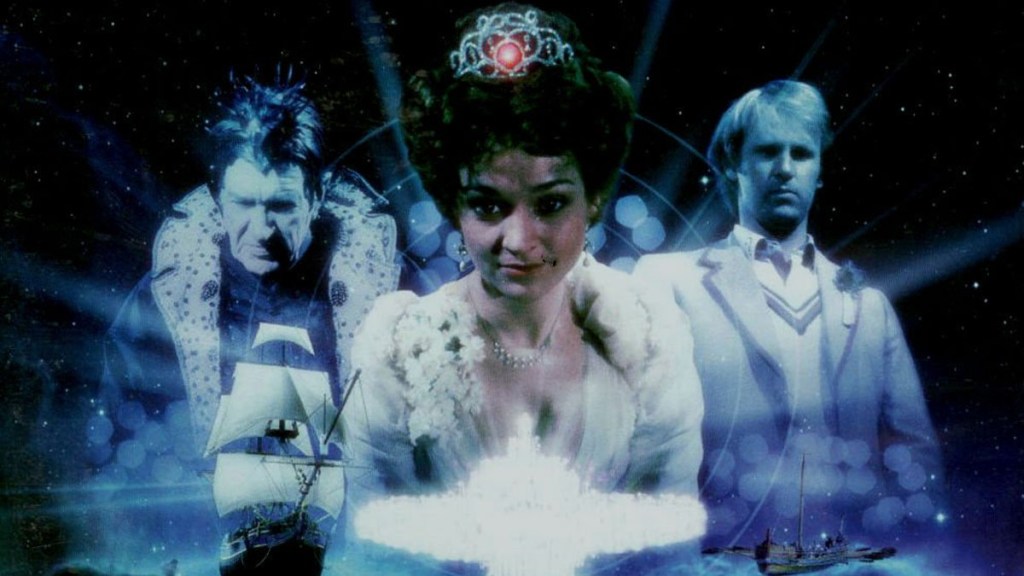
Directed by Peter Grimwade.
The horror in this story mostly comes from the character of Hindle, played byThe Billstalwart Simon Rouse.
Tegans possession is unsettling too.
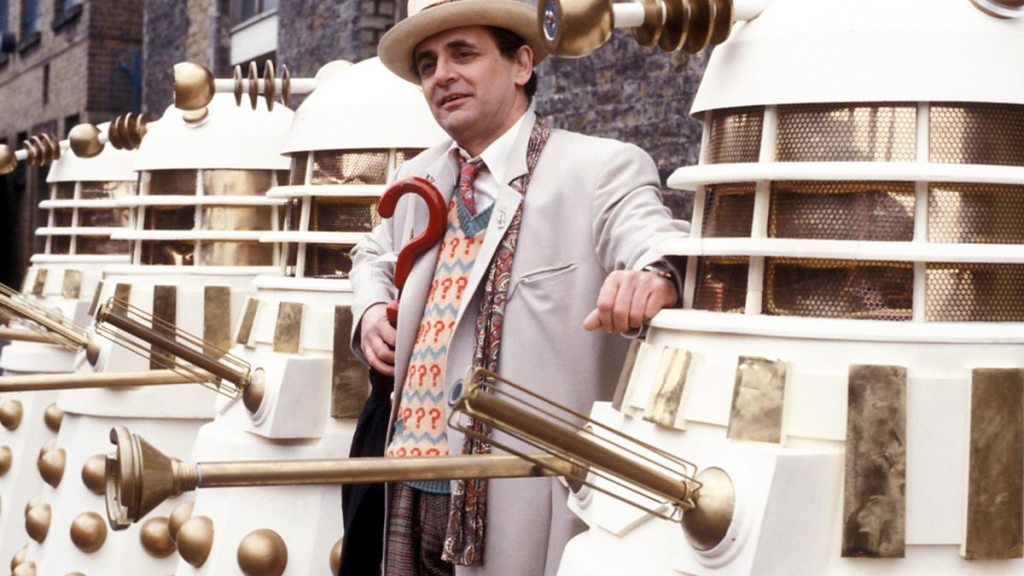
Their mind games unsettle Tegan to the point of agreeing to being taken over purely to escape from them.
The story was written for the Fourth Doctor, and Davison filters this dialogue through his own sensibilities.
It helps define the more serious moments more clearly.
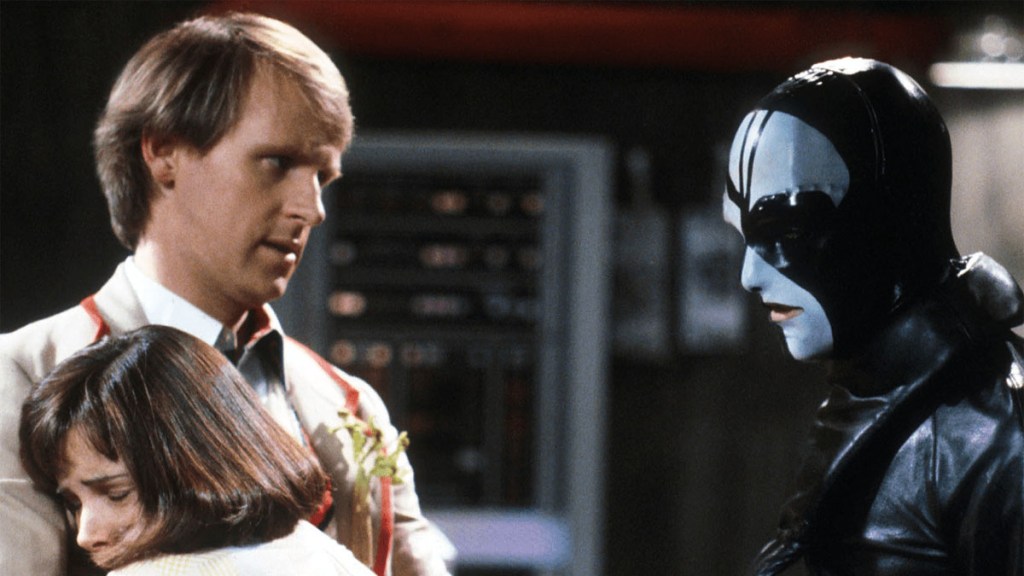
Kinda has a similar quality, its both playful and deadly serious and childlike and horrifying all at once.
Like Curse of Fenric it builds up clues towards a finale monster reveal.
Its less densely packed than Fenric but feels less random in its journeying.
Survival (Season 26, 1989)
Written by Rona Munro.
Directed by Alan Wareing.
This is leavened with some nice one-liners (We thought youd died.
That or gone to Birmingham and Do you know any nice people?
spring to mind).
Sophie Aldred responds with her best performance.
The Keeper of Traken (Season 18, 1980)
Written by Johnny Byrne.
Directed by John Black.
Traken is on the wane, run by a fading Keeper and a group of inept and bickering Consuls.
Kassia is recently married to Tremas, who is considered a strong candidate to be the next Keeper.
The mere presence of the Master manifests as societal decay.
What there isnt, given the story hinges on it, is a stronger grounding in emotional truth.
The Curse of Fenric (Season 26, 1989)
Written by Ian Briggs.
Directed by Nicholas Mallett.
But you give them a go.
And then another go.
And then a few more goes.
And then finally, unexpectedly, you get it.
You realise they are exactly as great as your friend said.
That, for me, was Pavement.
But also The Curse of Fenric, a story that took about four viewings to appreciate.
Andrew Cartmels approach to script editing is very ideas-heavy, but not so great on structure.
This over-running story is dense with interconnecting concepts and powerful haunting moments.
But also its got Nicholas Parsons fighting vampires in it.
Said it was dense with ideas didnt I?
Some of this is thematic, some of it is bringing the monsters into place for the finale.
Enlightenment (Season 20, 1983)
Written by Barbara Clegg.
Directed by Fiona Cumming.
Enlightenment is, tonally, a game of two halves.
Also the Black Guardian is in it.
Through this darts Peter Davisons Doctor, torn between being insulted (You are a Time Lord.
Are there lords in such a small domain?)
and curious, furious and occasionally remembering to be sympathetic to Tegan.
Remembrance of the Daleks (Season 25, 1988)
Written by Ben Aaronovitch.
Directed by Andrew Morgan.
Remembrance of the Daleks is a lot of things.
Its a story made with renewed confidence, the clever script matched by a very solid production.
Its also significant in that its the first story to suggest the Doctor as something mythic.
That had been the backstory for over a decade.
Its a shocking moment that means the character more than hints about a mysterious past has expanded their capability.
The Caves of Androzani (Season 21, 1984)
Written by Robert Holmes.
Directed by Graeme Harper.
Here, Sharaz Jek is not simply a monster.
Peter Davison rises to the challenge of playing this incredibly driven and determined yet still fatally vulnerable Doctor.
Its an astonishing performance, matched by the direction of then-newcomer Graeme Harper.
The end result is undeniably thrilling, no matter how many times you watch it.